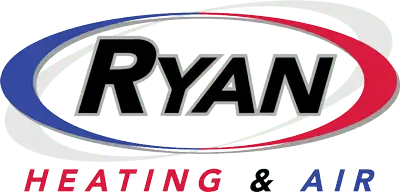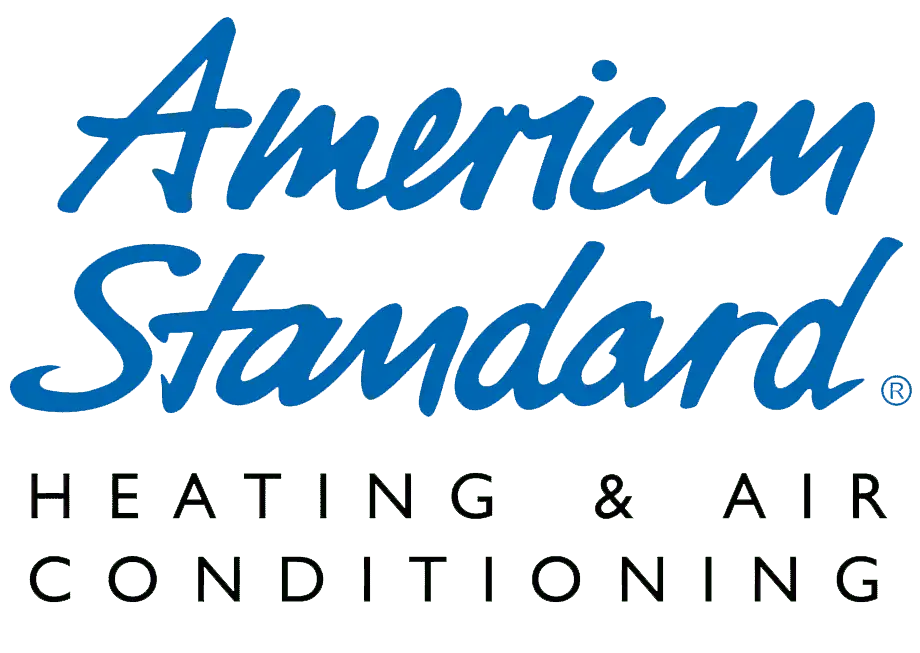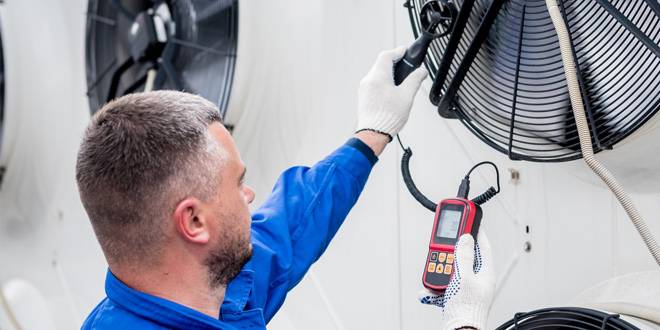
Chattanooga homeowners and business owners, is your HVAC system acting up? If your condenser fan motor has stopped working, it could affect your comfort! Let’s dive into the top reasons why this might be happening and how you can tackle it. 🛠️🌞
Understanding Your Condenser Fan’s Role 🌀
Before we explore the reasons behind a non-operational condenser fan, it’s crucial to understand what the fan does. The AC fan is an integral part of your outdoor air conditioning or heat pump system. It plays a key role in expelling heat from the refrigerant by blowing air over the condenser coils. When it fails, your system can overheat, leading to discomfort and potential damage.
Identifying Signs of a Faulty Condenser Fan
A properly functioning AC condenser fan is essential for the efficiency and longevity of your HVAC system, especially during the sweltering Chattanooga summers. Recognizing the signs of a faulty fan can help you address issues before they escalate into major problems. Here are key indicators that your AC fan motor might be malfunctioning:
The Unit is Blowing Warm Air
One of the most noticeable signs that your condenser fan isn’t working correctly is when your air conditioning system starts blowing warm air instead of cooling your space. This happens because the fan is responsible for dissipating heat from the refrigerant. If the fan isn’t working, the heat stays trapped, and the system cannot cool the air effectively.
The Air Conditioner Cycles Off Without Cooling
If your air conditioner turns off before reaching the desired room temperature, it could be an indication that the condenser fan is not operating as it should. This premature cycling can occur because the system overheats and the safety switches turn the unit off to prevent further damage. Without the fan pulling heat away from the condenser coils, the system cannot maintain proper thermal management.
Strange Noises from the Condenser Unit
Unusual noises coming from your outdoor HVAC unit can be a telltale sign of a problem with the condenser fan. If you hear rattling, buzzing, or grinding sounds, it’s likely that the fan blades are obstructed, loose, or the motor is failing. Each sound can indicate a different problem:
- Rattling: Often caused by loose screws or debris that interferes with the fan blades.
- Buzzing: Could be electrical issues such as a failing motor capacitor.
- Grinding: Usually indicates that the fan motor’s bearings are worn out.
The Fan Doesn’t Turn On Even When the System is Running
If the rest of your HVAC system appears to be in working order but the fan doesn’t start, this is a direct sign of an issue with the fan assembly or its control mechanisms. This could be due to:
- Electrical problems: Such as wiring issues or a faulty relay that fails to signal the fan to start.
- Motor failure: The fan motor itself may have burnt out and requires replacement.
What These Signs Mean for Your HVAC System
Ignoring these signs can lead to more significant system issues, including compressor failure. The compressor relies on the condenser fan to keep it cool while it compresses the refrigerant throughout the system. Without the fan, the compressor can overheat and ultimately fail, leading to expensive repairs or the need for a complete system replacement.
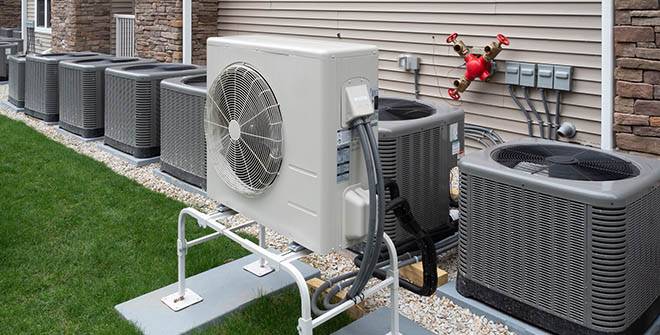
Top Reasons Why Your Condenser Fan Might Stop Working 🔍
Understanding why your condenser fan isn’t working is crucial for maintaining the efficiency and effectiveness of your HVAC system. Let’s delve deeper into the common reasons that could cause your condenser fan to malfunction:
1. Power Issues
Tripped Circuit Breaker:
A tripped breaker is a common and often overlooked cause. If the circuit breaker that supplies power to your outdoor unit trips, it will cut off power, preventing the fan from operating. Regularly checking your breaker can help you identify and rectify this issue quickly.
Loose Wiring:
Over time, the natural vibrations from the running of the HVAC system can loosen electrical connections. Loose wiring not only affects the fan but can also pose a potential safety hazard. Ensuring that all connections are secure is a vital part of routine HVAC maintenance.
2. Faulty Motor
Wear and Tear:
The motor in your condenser fan handles a heavy load, often in high temperatures and under continuous operation. Over time, this can lead to general wear and tear, which may result in the motor burning out or failing mechanically.
Overheating:
Motors are equipped with built-in thermal overload protections that shut off the motor if it overheats. While this feature prevents further damage and potential fire hazards, it also stops the fan from working. If overheating is frequent, it suggests ventilation issues or a failing motor.
3. Capacitor Problems
Function:
The capacitor is like a battery that jumpstarts the fan motor and keeps it running. It stores the energy needed for this burst of power.
Signs of Failure:
A common indicator of a failing capacitor is a clicking noise when trying to start the unit, or the fan may hum without starting. Capacitors can degrade over time and may need replacing to ensure consistent fan operation.
4. Obstructed Fan Blades
Debris and Dirt:
Your outdoor unit is exposed to the elements, which means leaves, dirt, and other debris can easily get inside and obstruct the fan blades. This blockage can prevent the blades from spinning and reduce the efficiency of heat transfer.
Physical Damage:
If fan blades are bent or damaged — possibly due to debris impacts or corrosion — they cannot rotate properly. This can cause the motor to work harder, potentially leading to motor failure.
5. Thermostat and Control Board Issues
The thermostat is the command center for your HVAC system. If it fails to send the correct signals to your condenser unit, the fan might not operate correctly. This could be due to a malfunction or incorrect thermostat settings.
Control Board Problems:
The control board in your HVAC system coordinates the electrical components. If there’s a malfunction in the control board, it can disrupt the operation of the fan among other components. Issues might include faulty relays, burned-out circuits, or poor solder joints.
6. Incorrectly Set or Faulty Fan Relay
Relay Function:
The relay is responsible for turning the fan on and off. It acts as a switch, controlling power to the fan based on signals from the thermostat.
Symptoms of a Faulty Relay:
A faulty relay can cause the fan to start and stop sporadically or not operate at all. Relays can wear out over time or become defective, requiring a replacement to ensure consistent operation of your fan.
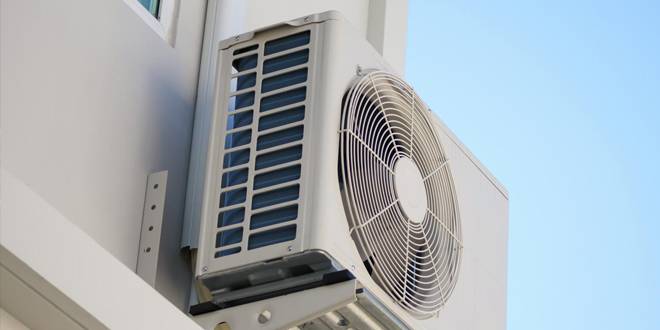
DIY Troubleshooting Tips 🔧
Handling issues with your HVAC system can sometimes feel daunting, but some problems can be solved with a few simple DIY steps. Before you call in the professionals, here are some troubleshooting tips you can try yourself. Remember, safety is paramount when dealing with electrical systems.
Safety First! 🔒
Power Off:
Always ensure that all power to the unit is turned off at the breaker before you start any work. This prevents any accidental electrical shocks or other safety hazards.
Simple Checks
1. Inspect the Circuit Breaker:
A tripped circuit breaker is a common cause of HVAC issues. Check your circuit breaker panel and reset any breakers that have tripped. This might solve the problem if it was just a simple power issue.
2. Clear Debris:
Debris around and in your unit can obstruct the fan blades, preventing them from spinning properly. Inspect the area around your outdoor unit:
- Remove leaves, twigs, dirt, and other debris that might have accumulated.
- Ensure the space around the condenser is clear of any obstructions that could restrict airflow.
3. Check for Loose Wiring:
Due to vibrations from the running of the unit, connections can sometimes become loose. If you are comfortable and it is safe to do so, open the access panel and visually inspect the wiring:
- Tighten any loose screws or connectors.
- Look for any signs of wear or damage to the wires themselves.
When to Call a Professional
While basic troubleshooting can resolve some issues, there are situations where it’s best to call in a professional:
- Complex Issues: If the problem involves anything inside the sealed components of the unit, like capacitor or motor replacement, these are typically beyond the scope of DIY repairs.
- No Resolution: If the steps above don’t resolve the issue, or if the unit continues to exhibit problems like not turning on, making strange noises, or not cooling your home effectively, these symptoms can indicate a more serious problem.
- Safety Concerns: If at any point you are unsure or uncomfortable with performing any checks or repairs, it’s wise to stop and call a professional. HVAC systems are complex and can require specialized tools and knowledge.
Recognizing When It’s Time for Professional Help
HVAC repairs can be intricate and sometimes involve high-voltage electrical work or handling refrigerants, which are tasks for certified professionals. A qualified HVAC technician can provide a thorough inspection, diagnose more complex problems, and ensure repairs are done safely and effectively.
If you’ve tried basic troubleshooting and the issue persists, or if you suspect the problem might be beyond a simple fix, don’t hesitate to contact an HVAC professional. Getting expert help not only ensures your system is repaired properly but can also prevent future issues and potentially extend the life of your unit.
Keep Cool and Carry On ☀️
A non-functioning AC unit fan can turn a warm day in Chattanooga into an uncomfortable ordeal. By understanding the common culprits and knowing when to call in professionals, you can ensure your HVAC system continues to provide cool air, comfort and efficiency all year round.
Get Back to Comfort Now!
🌟 Don’t Sweat It with Ryan Heating & Air 🌟
Struggling with a stubborn HVAC issue? Ryan Heating & Air is here to help restore your comfort quickly and efficiently. Contact us today for fast, professional repair service and ensure your air conditioning is ready to tackle the heat. Trust us to keep your system running smoothly, so you can enjoy a cool, comfortable summer in Chattanooga!
